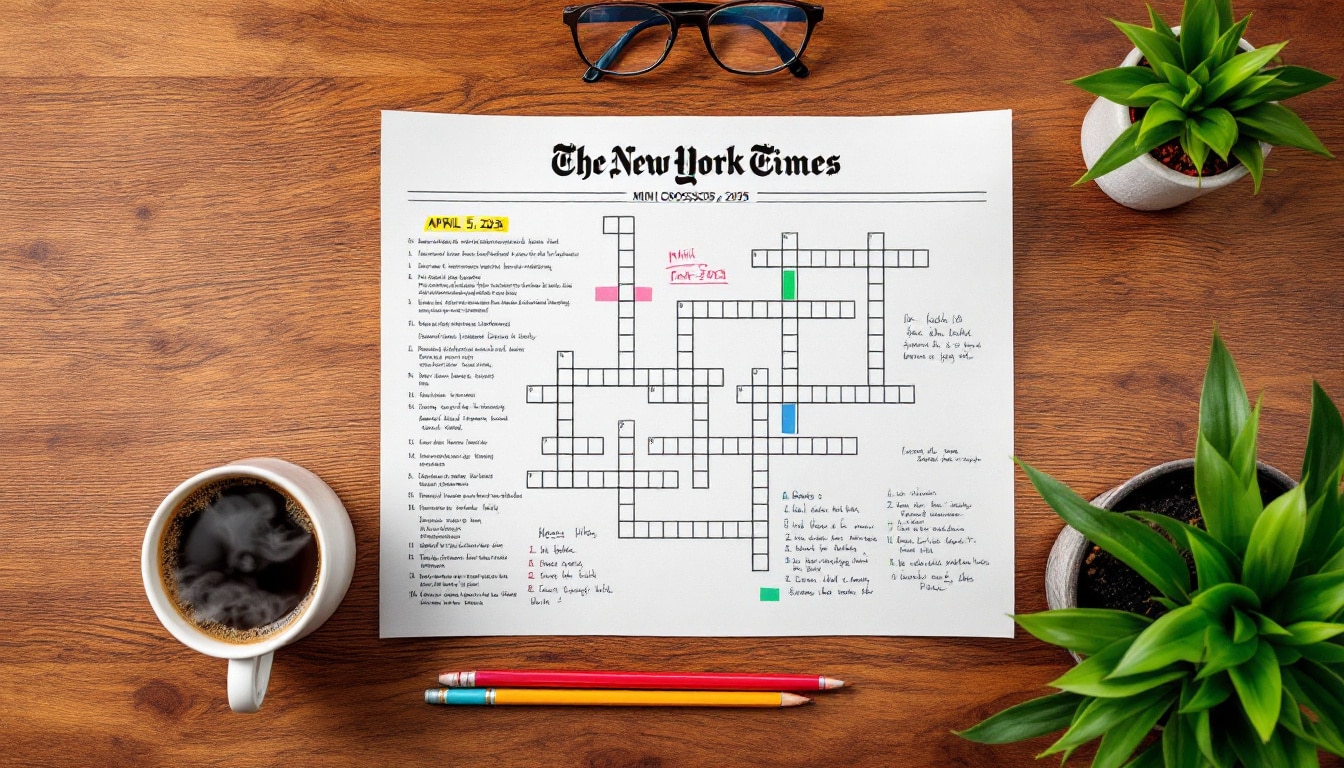From groovy to rizzy: exploring the evolution and viral spread of generational slang
Slang is more than just a way to express ourselves; it’s a *cultural tapestry* that evolves with each generation. Just think back a few decades—what did it mean to be *cool* or to refer to your friends? Was it *groovy* back in the day or has it transitioned to something else entirely? Today, some of us throw around words like *rizzy*, and honestly, it’s time to unpack how these terms surface and spread like *wildfire* through social media. Ready to dive in?
The Roots of Slang: A Social Phenomenon
Slang has often emerged from *tight-knit social groups*, simmering for years before *exploding* onto the scene. It used to be a slow burn, spreading through *word of mouth* until the *media* decided it was time to give it a spotlight. But now, thanks to platforms like TikTok and Instagram, new slang can go *viral overnight*, transcending geography and reaching the *anglosphere* at lightning speed.
So why do some slang words stick around while others fade into oblivion? Well, there aren’t any strict rules, but it seems that words related to significant *social* or *technological* trends often have a longer shelf life. Terms encompassing *identity*, *relationships*, and *social behavior* are continuously reshaped for new generations. Are you paying attention? You should be—this lexicon evolves faster than you can say “*That’s so Ohio*!”
The Digital Age: Amplifying Slang
In our digital world, it’s hard to determine if we actually have more slang than ever or if it just seems that way. The online universe has made slang more widely accepted within our *mainstream media*, where it may have once been *censored* or ignored altogether. This is accompanied by a new breed of *influencers* actively creating and promoting terms, shifting the dynamics of how slang is generated. So, next time you hear “*BFF*” or “*bestie*,” recognize that they may have transitioned from grassroots to mainstream in the blink of an eye.
The Range of Generational Terms
Let’s take a moment to appreciate how different generations express similar sentiments. When it comes to that **“*cool*” vibe, what’s the terminology journey from your parents to you? Boomers used to say *groovy*, while the Gen X crowd coined *rad*. Millennials are still dropping *sick*, and now, Gen Z has opted for *fire*—and don’t get me started on Gen Alpha with their *rizzy* expressions. Feel old yet? Just wait, it’s about to get even more entertaining!
And what about the flip side—the terms for *uncool*? Boomers might refer to someone as a *square*, while Gen X takes it a step further with *bougs*. Millennials call it *basic*, Gen Z says it’s *mid*, and Gen Alpha has decided that “*Ohio*” encapsulates all that is lame or weird. Each generation has put its own spin on phrases, keeping it fresh and *relevant*.
The Resistance to Change: Older Generations
Nothing really brings out the rebellious spirit in youth like an older generation decrying their language. Parents and *authority figures* can often be found shaking their heads, trying to ban or ignore the new lingo. However, as certain terms make their way into *media*—think *woke*—it’s fascinating to see how some of these same authority figures might adopt them later on. But a word of caution for parents: don’t attempt to borrow your kids’ slang. Trust me, trying to sound *hip* will come across as *extremely cringe*.
So what do you think? Are you keeping up with how quickly slang can evolve? With new terms constantly popping up and old ones making a resurgence, you might just find yourself saying something like, “*That’s so rizzy*” before you know it!




